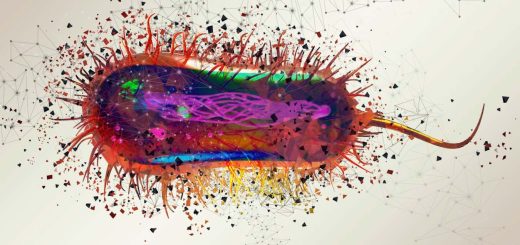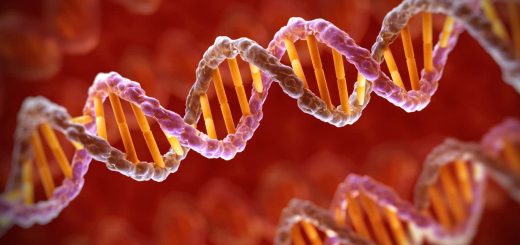The human Y chromosome has been fully sequenced for the first time
The Y chromosome, which normally confers male characteristics, features large amounts of repetitive DNA, which meant it was difficult to compile a complete sequence until now
By Michael Le Page
23 August 2023
A human X (left) and Y chromosome seen with a scanning electron microscope
BIOPHOTO ASSOCIATES/Science Photo Library
Twenty years after the Human Genome Project was declared complete, the Y chromosome has been fully sequenced for the first time.
Most people have 22 pairs of chromosomes plus two sex chromosomes – either a pair of X chromosomes or one X and one Y chromosome. Having a Y usually – but not always – results in an embryo developing male characteristics.
The Y is one of the smallest chromosomes and has the fewest genes coding for proteins. Because it normally has no paired chromosome to swap pieces with prior to sexual reproduction, it is especially likely to accumulate bits of repetitive DNA.
Advertisement
All early methods of DNA sequencing involved breaking DNA up into small pieces, reading their genetic code and then reassembling the pieces by looking for overlaps. This technique doesn’t work with repetitive DNA where lots of the pieces are identical.
Because of this, the “completed” human reference genome announced in 2003 was actually far from complete. “The Y chromosome just kept being pushed aside,” says Charles Lee at the Jackson Laboratory for Genomic Medicine in Connecticut. “It’s a hard chromosome to complete because of all the repetitive sequences.”
Only in 2021 did a team including Karen Miga at the University of California, Santa Cruz, finally fill in almost all the gaps, and again declare the human genome complete.


